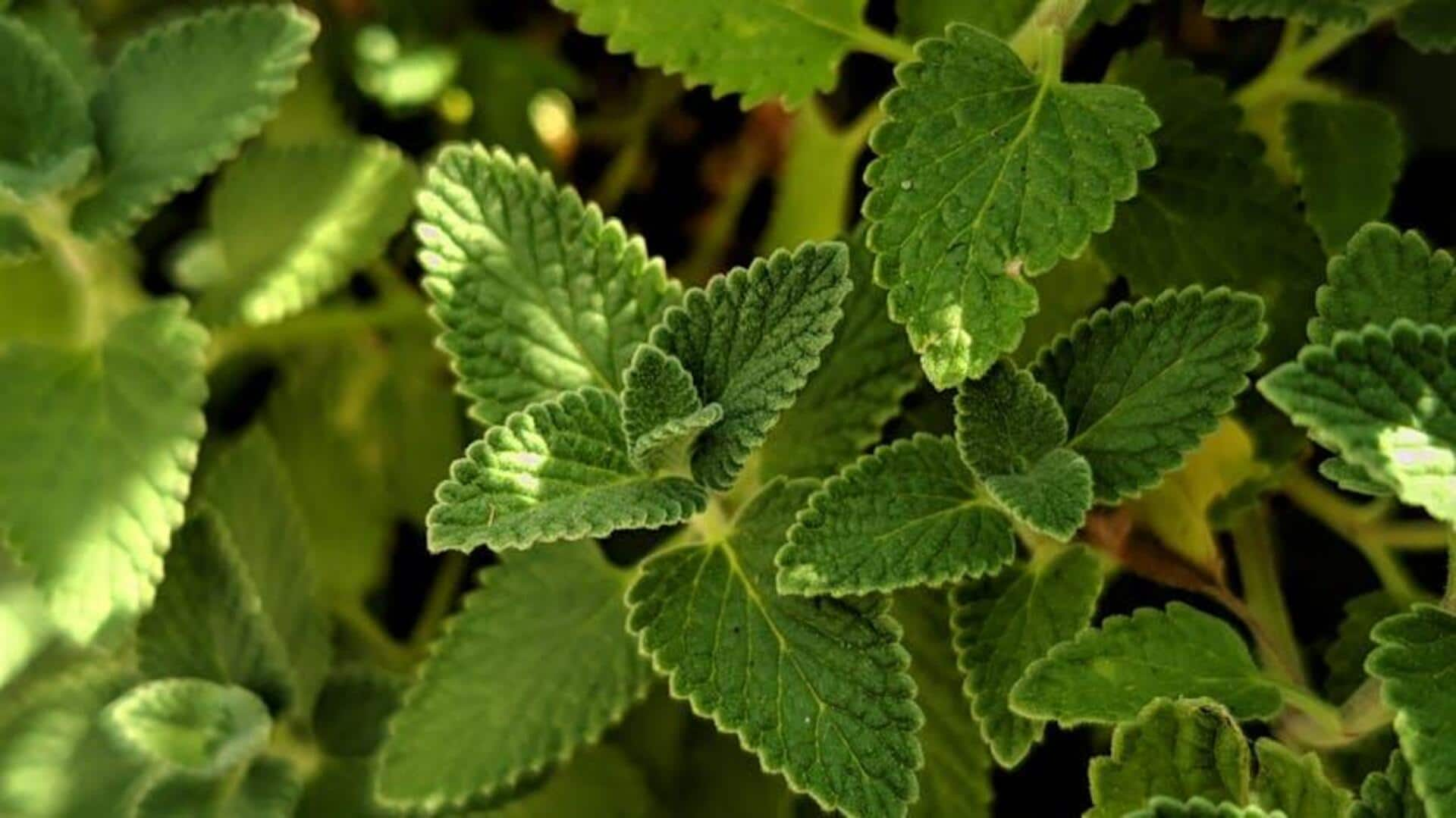
Easy plant care tips for beginners
What's the story
Caring for plants can be a fulfilling way to de-stress, particularly if you're a novice. The process of tending to a living thing can give you a sense of achievement and tranquility. If you're just getting into plant care, starting with basic tips can make things fun and not too daunting. Here's practical advice on how to care for plants, and grow both your green thumb and sanity.
Tip 1
Choose low-maintenance plants
Beginners should start with low-maintenance plants that need little attention. Succulents, snake plants, and pothos are great options since they flourish in different conditions and need to be watered infrequently. These resilient plants are forgiving if you forget to water them once in a while, making them ideal for those just getting started with plant care.
Tip 2
Understand watering needs
It is also essential to understand the specific watering needs of the plants you choose. Overwatering is a common beginner's mistake. Most houseplants prefer their soil to dry out between waterings. A good rule of thumb is to check the top inch of soil - if it feels dry, it's time to water. This practice prevents root rot and keeps your plants healthy.
Tip 3
Provide adequate light
Light is crucial for plants, but not all of them need direct sunlight. Some flourish in low-light situations while others require bright, indirect light. Evaluate lighting conditions in your home before picking a plant species. Keeping your plant near windows or using artificial grow lights can ensure they get sufficient light without getting scorched by direct sun.
Tip 4
Use quality potting soil
Investing in good quality potting soil is critical for your plants' health. Good quality potting soil ensures proper drainage, and retains the moisture and nutrients your indoor plants require to thrive. Don't use garden soil for indoor plants, as it may get compact over time and doesn't have the essential nutrients potted plants need. This choice can drastically affect your indoor garden's well-being and growth.
Tip 5
Monitor plant health regularly
Regularly checking your plant's health allows you to catch problems early, preventing pests and diseases from spreading. Look out for signs such as yellowing leaves or wilting stems, which could be a sign of over-watering or under-watering. Prompt attention to these signs, based on observations during routine checks, keeps your plants healthy. This is key to keeping an indoor garden well, promoting growth, and creating a thriving green space at home.